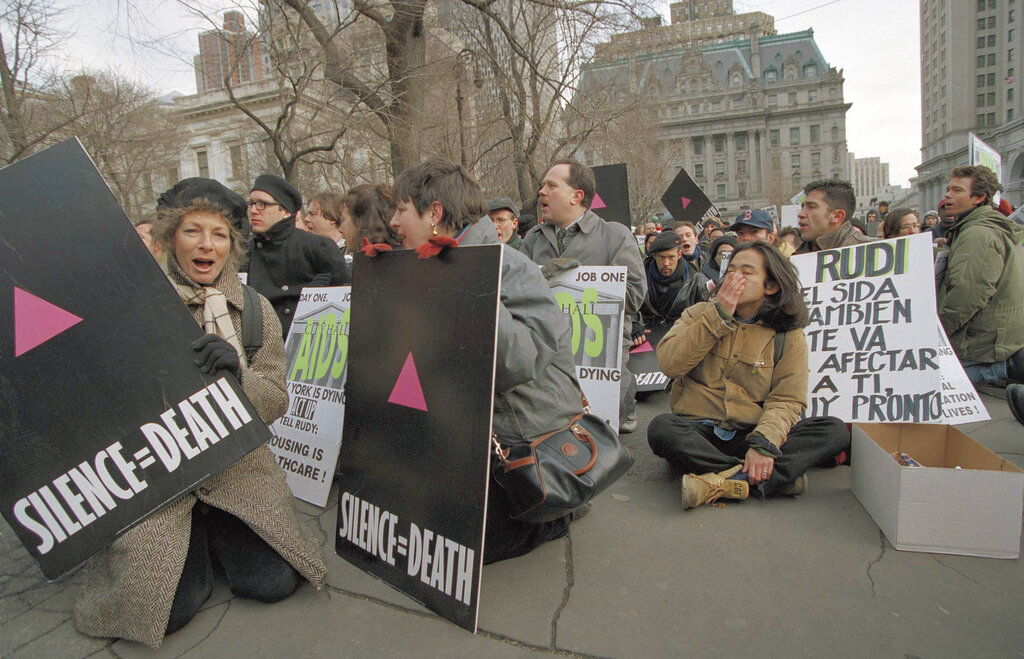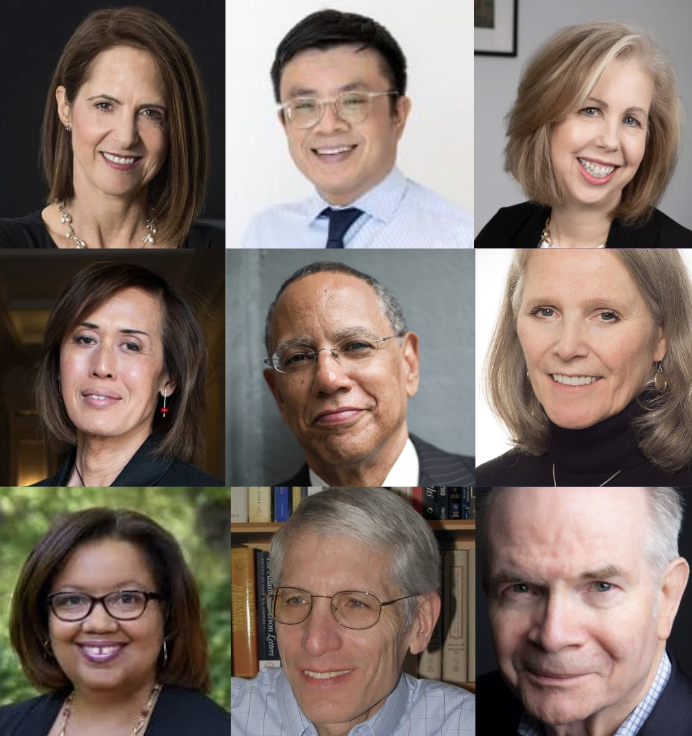“Avoiding false equivalency when the factual bases for opposing views are unequal.”
What makes a story “fair and balanced?” We’re all familiar with the idea of avoiding false equivalency, the idea that we need to reflect competing views in every story, whether or not they are factually supported or carry equal weight, even if we sometimes — perhaps too regularly — fall into that trap. But we can also read that admonition too literally, and commit two adjacent and very similar errors.
The first is chasing juicy quotes from one “side,” even when we make clear in the text that there’s no factual basis for whatever claim is being made. We see too many stories, for example, that include politicians’ strident calls to end “genital mutilation” of trans minors or railing against gay and lesbian “groomers,” sometimes followed by terse copy explaining that those statements aren’t true. But why repeat falsehoods in the first place? If it’s to show how extreme someone’s rhetoric is, then those stories should include a lot more context to help readers understand why those statements are included in the piece. Otherwise all we’re doing is helping the most extreme voices define the debate.
COLLIER AWARD APPLICATION PORTAL
The second concerns how stories are framed — or even which stories are pursued. On politically charged issues, particularly, activists on both sides have an incentive to try to define the terms of the debate. Accepting those terms can skew coverage, even for stories that are otherwise well-reported, fair and accurate. We wouldn’t spend much reporting time these days digging into whether climate change was real or if human activity was part of the cause, but it wasn’t long ago that such questions were fairly common in stories. The resources spent answering those questions could have been much better spent on looking at the potential and real impact of changing weather, and on what could be and was being done about it. Similarly, coverage in the early days of the AIDS epidemic was often focused on what danger the virus might pose to straight America, rather than on how it was already ravaging the LGBT community. Both are legitimate stories, of course; but one was urgent.

Members of the AIDS awareness group ACT-UP, the AIDS Coalition to Unleash Power, stage a protest outside City Hall in New York, Jan. 3, 1994. It is Rudolph Giuliani’s first day as mayor of New York City. (AP Photo/Betsy Herzog)
Kudos to NPR, who last week dug into the here-and-now real-world questions faced by rape survivors trying to access abortions, even in states that have carved out such exceptions in abortion restrictions. The laws, and the debates over them, are incredibly important; but covering the actual, immediate impact on the ground is just as critical.
Gina Chua joined Semafor as Executive Editor in 2022. Before that, she was Executive Editor at Reuters, editor-in-chief of the South China Morning Post, and a deputy managing editor at The Wall Street Journal. She is also on the board of the Trans Journalists Association.


